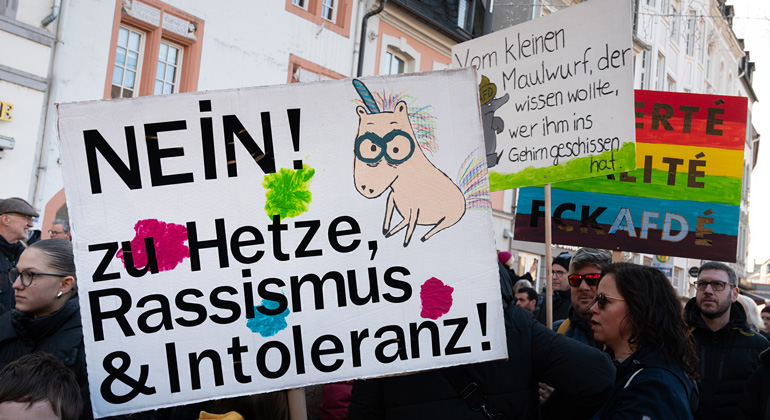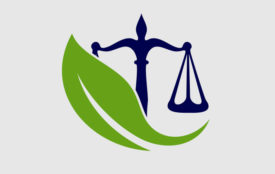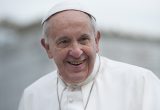Catholic bishops and the AfD
What can be done about the expulsion fantasies of AfD politicians? After all, the AfD in Thuringia today has about as much support in opinion polls as the Nazi party NSDAP had in 1932 in the last free Reichstag elections. So the situation is serious and dangerous.
As tame and cowardly as Germany’s Catholic bishops often react to harsh criticism from the Vatican, their criticism of the far-right AfD has just been so pleasingly sharp and unequivocal: “Nationalist ideas are not compatible with Christianity”, says the German Bishops’ Conference – and unanimously so.
“We say,” reads the four-page paper, which was adopted by all 64 bishops, “with all clarity: Nationalist nationalism is not compatible with the Christian image of God and man…Right-wing extremist parties and those that proliferate on the fringes of this ideology can therefore not be a place of political activity for Christians and are not electable. Moreover, the dissemination of right-wing extremist slogans – including racism and anti-Semitism in particular – is incompatible with full-time or voluntary service in the church.”
In the history of the Federal Republic of Germany, pastors have often called for the election of “Christian parties” from the pulpit. Just as the trade unions favoured the SPD. But such recommendations have increasingly become the exception in recent decades.
However, 2024 will be a different situation, as Bishop Georg Bätzing of Limburg has now explained as Chairman of the Bishops’ Conference. The AfD is “the spearhead of a cultural struggle that is underway in society”. Specifically, Bätzing referred to the “remigration plans” of AfD politicians, which are nothing other than the defamation and expulsion of millions of people from Germany.
The German Bishops’ Conference expressly supports the mass protests on German streets against these plans. Christians and non-Christians are forming “a lively and strong protest movement”. The bishops: “Every human being has an inviolable and unavailable dignity. It is founded in the image of God in all human beings and is the basis of human rights.” However, this in no way means “that the Church will withdraw from dialogue with those people who are receptive to this ideology but are willing to talk.” Bishop Georg Bätzing called on the congregations to engage in dialogue and discussion.
The East German bishops had previously expressed similar sentiments on the occasion of this year’s European elections and the three state elections in East Germany: “The horrors of the world wars and the atrocities of the Nazi regime have taught us that respecting and protecting the inviolable dignity of man must be the supreme guiding principle of all state action,” the Süddeutsche Zeitung quotes this bishop’s paper. This is clear language for church dignitaries. After all, they are now calling for “resistance” if human dignity and human rights are jeopardised: “Let us work together for a liberal democracy!”
In the 2021 federal election, only around half as many Catholics voted for the AfD as the rest of the population. Although the influence of churches in society is waning, religion still makes a certain difference. As early as 2023, the Catholic bishops of Bavaria declared: “Human dignity is the ember core of the Christian view of man and the anchor of our constitutional order”.
Article one of the Basic Law does not say: “The dignity of the German human being is inviolable”, but “The dignity of the human being is inviolable.”
Quelle
Franz Alt 2024 | Translated with www.DeepL.com/Translator (free version)








